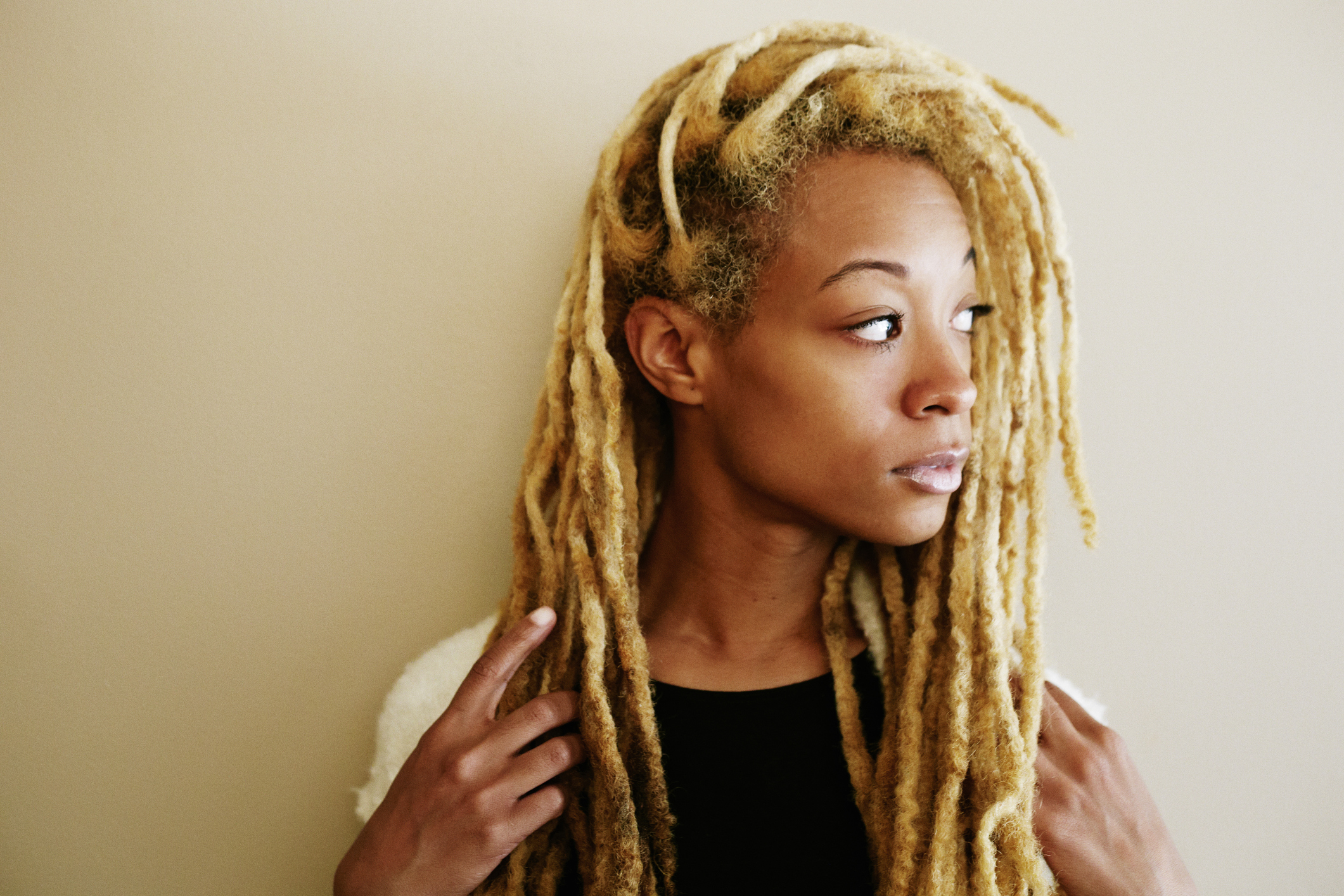If you’ve spent a lot of time online, especially if you’re of the sort to self-define as ‘terminally online’, you’ve probably heard of an incel. And, further extending from that, you’ve in turn likely heard of the incel’s supposed female counterpart, the femcel. If this is all complete nonsense to you, or if you’ve heard the term and are a little foggy on what it means, here’s a quick primer on what a femcel is.
What is a Femcel?
The term “femcel” is derived from “female” and “incel,” with “incel” being shorthand for “involuntary celibate.” While “incel” originally referred to people who struggle to find romantic or sexual partners despite wanting to, the term has become controversial due to its association with certain online communities. “Femcel,” specifically describes women who experience involuntary celibacy, often due to societal and personal factors that they feel impact their romantic and social lives.
Femcel is sometimes meant to be derogatory or used as an insult, though like incel, many choose to ‘reclaim’ it and accept their position as it is.
Understanding the Femcel Phenomenon
The concept of femcels has gained attention in online forums and communities where women discuss their struggles with dating, relationships, and social interactions. These women often feel marginalized or rejected due to factors like appearance, social skills, or personality traits. The term “femcel” emerged as a counterpart to the largely male-focused “incel” highlighting that women can also face challenges in finding romantic or sexual partners.
Many femcels report feelings of deep loneliness and social isolation. They often struggle to form meaningful connections with others, leading to a sense of alienation. Femcels often feel the pressure of societal beauty standards and gender roles, which can exacerbate their perceived feelings of inadequacy or unattractiveness. The constant rejection and lack of romantic prospects can take a toll on femcels’ self-esteem and mental health. Many experience depression, anxiety, and a pervasive sense of worthlessness. Despite these challenges, femcels often find solace and support in online communities where they can share their experiences and connect with others who understand their struggles.
Factors Contributing to Femcel Status
Societal beauty standards can be particularly harsh on women, and those who do not fit conventional attractiveness may face more significant challenges in dating, as opposed to their more ‘traditionally attractive’ counterparts whom they feel may be benefiting from pretty privilege. Some women may also face difficulties in social interactions, such as shyness or social anxiety, which can make it hard for femcels to approach potential partners or build relationships. Experiences of trauma, such as abuse or neglect, can impact a woman’s ability to trust others and form intimate relationships. Cultural norms and societal expectations around gender and relationships can also play a role in a woman’s ability to find a partner.
Femcels Dealing With Stereotyping
Some Femcels, like incels, often face misunderstanding and stigma from those who do not understand their struggles. This can further isolate them and make it harder to seek help. The term “incel” has become associated with negative stereotypes and toxic behavior. As a result, femcels may be unfairly judged or lumped in with these negative connotations.
Women’s experiences with involuntary celibacy are often overlooked or dismissed, leading to a lack of support and resources for femcels.
How To Live A Balanced Life as a Femcel
If you personally identify with the label of a femcel, whether that be in a tongue-in-cheek manner or in complete earnest, there are ways you can bolster your self-image and accept yourself. Creating supportive communities and networks where femcels can share their experiences and find understanding is crucial. These spaces can provide a sense of belonging and validation.
Ultimately, society needs to challenge and redefine beauty standards to be more inclusive and diverse. Promoting body positivity and self-acceptance can help reduce the pressure on women to conform to unrealistic ideals. Access to mental health resources and support is essential not just for people who describe themselves as femcels, but for anyone who needs it. Therapy and counseling can help address underlying issues and improve self-esteem and social skills. Increasing awareness about the struggles of femcels and reducing stigma through education can foster empathy and understanding. Recognizing that involuntary celibacy affects people of all genders is a step toward a more inclusive conversation.
The term “femcel” sheds light on the unique challenges faced by women experiencing involuntary celibacy. While the concept is often misunderstood and stigmatized, it is essential to acknowledge and support the experiences of women of all walks of life. Building supportive communities, and providing access to mental health resources, we can help create a more inclusive and understanding society. Emphasizing empathy and awareness is key to addressing the struggles of femcels can promote a healthier lifestyle.
